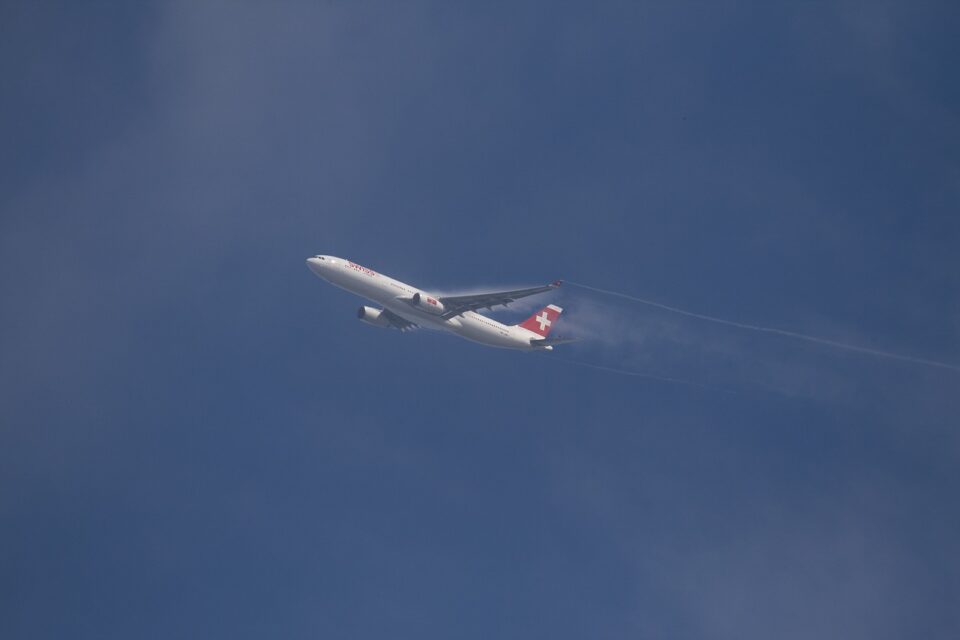Civil Aviation
What is the impact of air pressure on airplanes?

The pressure of the air that surrounds and interacts with an aircraft as it travels through the atmosphere is referred to as air pressure in aircraft. It is a force that has the potential to impact several aspects of an airplane’s performance, including the lift produced by the wings, the efficiency of the engines, and the stability of the aircraft.
The comfort of passengers and the accuracy of pilots’ altimeter readings can both be affected by air pressure. Air pressure significantly affects how well airplanes perform. The following are some effects of air pressure on aircraft.
- Lift: Air pressure is a critical component of creating lift, which is essential to keep airplanes in the air. A variation in air pressure between the top and bottom of an airplane’s wings is caused by air flowing over them. The airplane can stay in the air by producing lift due to this difference in pressure.
- Engine: An airplane’s engine performance is also influenced by air pressure. The engine has to work harder to produce the same amount of power as it does at sea level because air pressure falls as you ascend. This can result in reduced engine performance and lower fuel efficiency.
- Speed: The speed of an aircraft may also be impacted by air pressure. A phenomenon known as “shock waves” or “sonic booms” can occur as an airplane approaches the speed of sound due to air pressure waves forming everywhere around the aircraft. Turbulence and other issues with the aircraft’s performance may result from these shock waves.
- Cabin pressure: To maintain the passengers’ comfort and safety, air pressure is also controlled inside the aircraft cabin. In order to simulate the pressure at a height of about 8,000 feet, the pressure is artificially maintained.
- Fuel consumption: The amount of fuel used by an airplane can also be affected by air pressure. As an aircraft soars to higher altitudes, the air becomes less dense, which can affect engine performance and raise fuel consumption. Air pressure can also affect an airplane’s engine’s performance, which can affect fuel consumption.
Overall, air pressure plays a critical role in the safe and effective operation of airplanes. To guarantee that aircraft can fly safely and comfortably at all altitudes, pilots and engineers must understand how air pressure affects aircraft performance.







